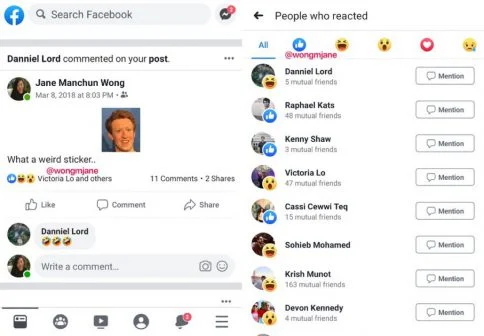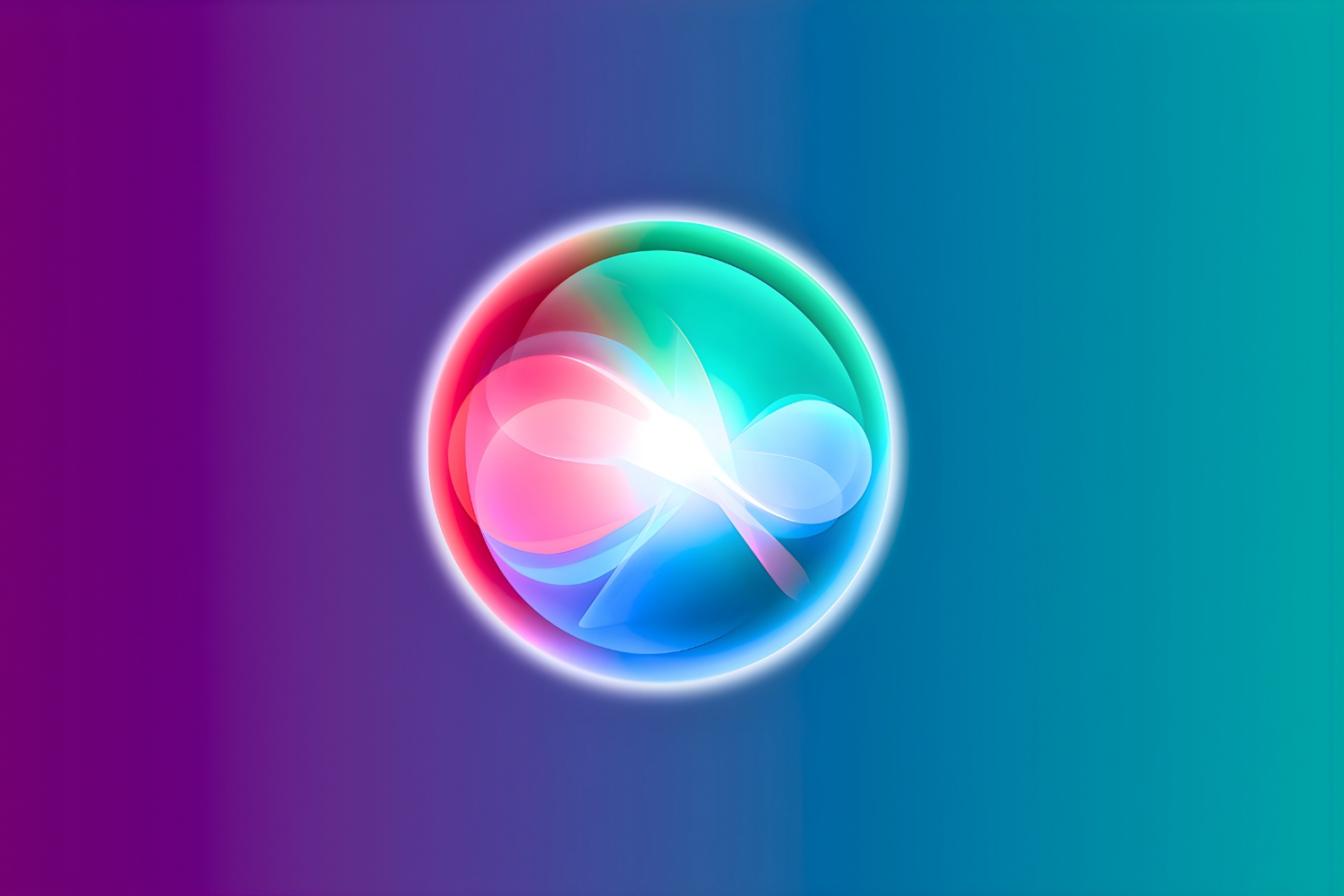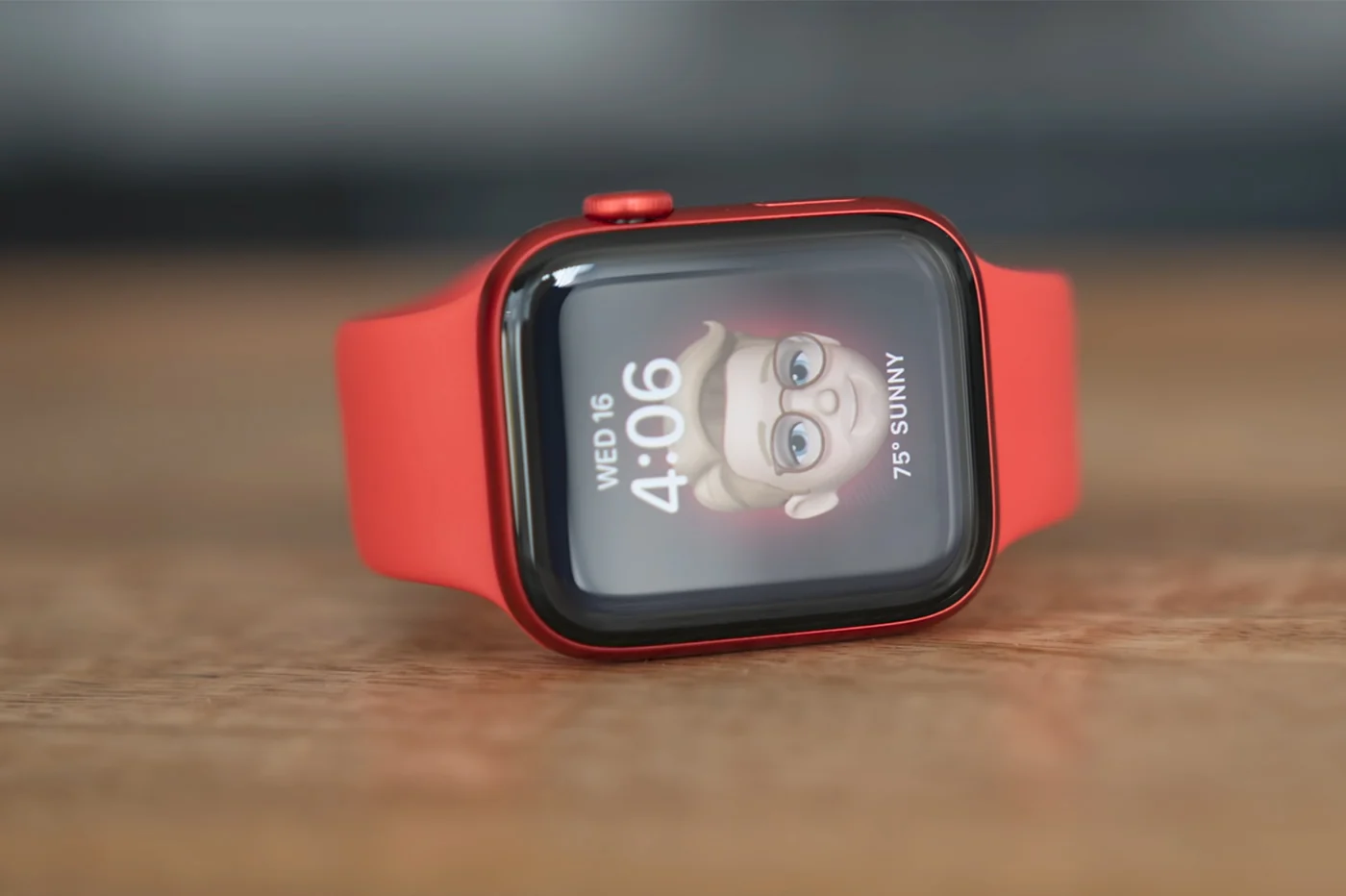Published on January 4 on the Instagram platform, a simple photo of an egg very quickly became thethe most liked post of all time, on the Instagram application. An illustration of the superficiality of the number of interactions between Internet users and these highly popular accounts, while the illustrious stranger who published this image wanted to dethrone the reality TV star Kylie Jenner, previously holding the title.
Over time, have “likes” become the new standard bearer for the negative consequences of social networks on mental health? For several months now, Instagram has offered a version that no longer publicly displays these mentions in 7 countries including Canada, Australia, Brazil and Italy. A pleasing experiment, in which a researcher discovered that Facebook would also be in the process of implementing the measure.
A version of Facebook without “Like” mentions
It was Jane Manchun Wong, a researcher well known for having been ahead of the discovery of new developments in mobile applications, who informed the web. By looking at the computer code of the Android version of the application, she was able to realize that Instagram was not the only social network under the influence of Mark Zuckerberg, to wish to hide the “score” of publications .
By asking the question to Facebook, our colleagues atTech Crunchwere able to have confirmation of the alternative to the classic social network system. Furthermore, this removal of “Like” mentions may not be available to users anytime soon: unlike Instagram, Facebook does not wish to set up a full-scale experiment at the moment.

© Jane Manchun Wong
Facebook facing the “Like” problem
If for some the “Like” counter has become a commercial argument allowing them to monetize their activity on the web, for the majority of social network users, problems can arise.
It's easy to understand that likes are among the biggest contributors to negative mental health outcomes. The hierarchy thus present on the platforms is more impactful in a negative way, than elevating in a positive way. Users generally feel more limited in their publications, going so far as not wanting to “dare” to upload a photo on Instagram or a Facebook post.
Deleting likes, more useful on Facebook than on Instagram?
And while Instagram may seem like the most breeding ground for such limiting feelings, it's worth wondering whether removing likes might be more helpful to Facebook. In recent years, the behavior that Internet users have taken is different from that which they may have on Instagram. Concretely, Facebook has become the perfect platform for sharing important events for us (marriage, promotion, birthday, etc.). For its part, Instagram is more focused on less sharing of everyday life (although it aims to be more visually aesthetic).
Consequently, Facebook publications are even fewer, and Instagram, Twitter and Snapchat have regained the image of everyday sharing platforms, very advantageous for a social network. With the removal of likes, users could be encouraged to post more, in a more free and casual way.
Will Facebook remove likes?
Without a deployment schedule or potential experiment announced, it is difficult to say whether Facebook will actually remove “Likes” from its publications. It must be said that from the point of view of its more fragile position compared to applications like Snapchat and Instagram, the social network could lose a lot if the change is poorly received.
Currently, most users leave a like to show the author of the post that they saw the post. According to a study published in 2016, 42% of people like a post to indicate that they have seen it, and not because they find it interesting. 16% “likes” are also generated by mimicry, for popular posts, generating a lot of “likes”. Users will no longer necessarily be interested in adding a like to the publication, despite the fact that it will no longer be counted. A bet to try for Facebook.
Editor for iPhon.fr. Passionate about the world of tech, new technologies and automobiles. Photographer in his spare time, and podcaster.






